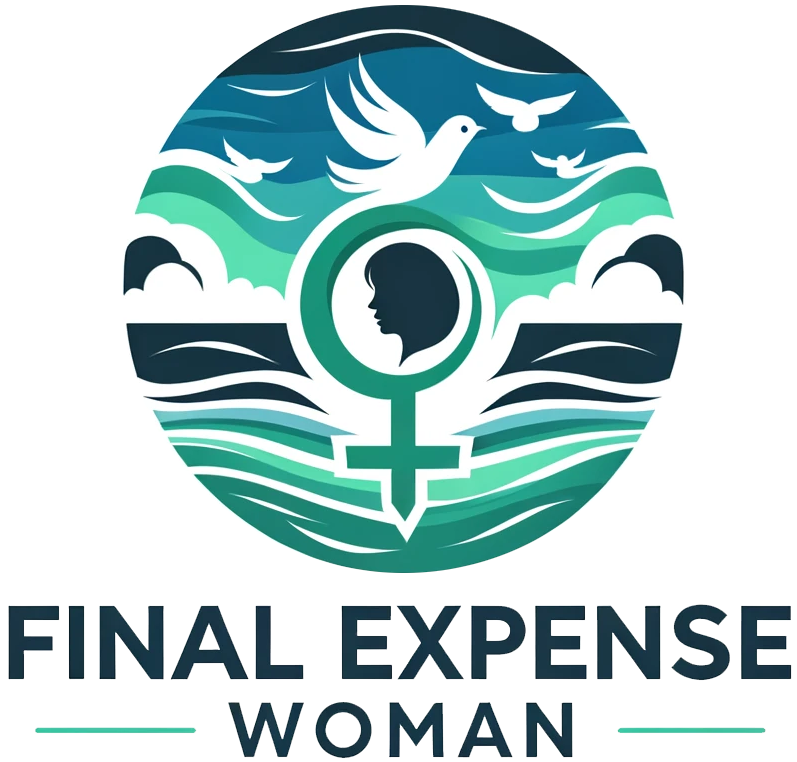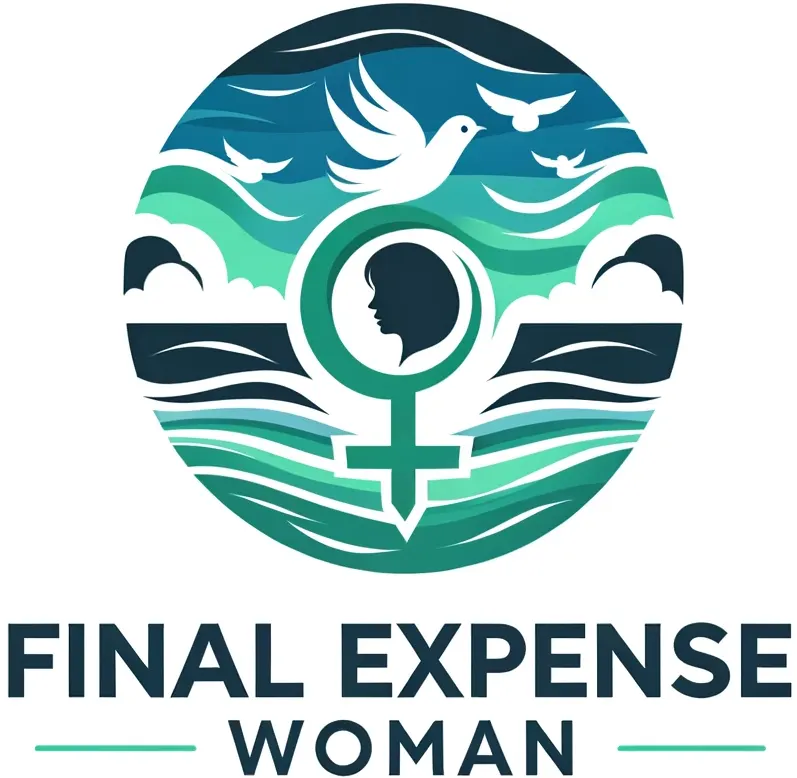When planning for end-of-life expenses, it’s essential to understand the different types of insurance available. Two common terms you might encounter are **funeral insurance** and **final expense insurance**. Though they are often used interchangeably, there are key differences between them. Additionally, it’s helpful to know the various types of funerals available to make informed decisions for yourself or a loved one.
What is Funeral Insurance?
Funeral insurance, also known as **pre-need insurance**, is a type of policy purchased directly from a funeral home. This insurance is designed to cover specific costs associated with funeral services. The policy typically outlines particular goods and services, such as a casket, burial plot, and memorial service. Payments are made directly to the funeral home, and the funds are used when the time comes to cover pre-selected items. This type of insurance ensures that your funeral arrangements are in line with your preferences and are taken care of in advance.
What is Final Expense Insurance?
Final expense insurance, also known as **burial insurance**, is a life insurance policy intended to cover the costs associated with a person’s end-of-life expenses. This includes not only funeral and burial costs but also any medical bills or debts left behind. The beneficiary of this policy can use the payout as they see fit, providing more flexibility compared to funeral insurance. Final expense insurance is typically easier to qualify for and can be a more affordable option for those looking to ensure their loved ones are not burdened with financial stress.
Different Types of Funerals
Understanding the types of funerals available can help you make more personalized and meaningful arrangements. Here are some common types:
- Traditional Funeral
A traditional funeral usually includes a viewing or visitation, a formal service, and a graveside ceremony. This type of funeral often involves religious or cultural rituals and provides an opportunity for family and friends to gather and pay their respects. - Cremation
Cremation is an alternative to a traditional burial, where the body is reduced to ashes. The ashes can be kept in an urn, scattered in a meaningful location, or interred in a columbarium. Cremation can be less expensive and offers more flexibility in memorializing a
loved one. - Green or Eco-Friendly Funeral
Green funerals focus on environmentally sustainable practices. This might include using biodegradable caskets, shrouds, and avoiding embalming chemicals. The goal is to reduce the environmental impact and create a natural and eco-friendly final resting place. - Memorial Service
A memorial service is similar to a traditional funeral but is held without the body present. This type of service can be scheduled at a more convenient time for family and friends and allows for various personalization options. - Direct Burial or Direct Cremation
These options forego a formal funeral service. Direct burial involves immediate burial without a viewing or ceremony, while direct cremation involves immediate cremation with no preceding events. These options are often more affordable and straightforward.
Understanding your options and the differences between funeral insurance and final expense insurance can help you make informed decisions that align with your wishes and provide peace of mind for your loved ones.
Sources:
- Funeralwise – Types of Funerals:- https://www.funeralwise.com/plan/types-of-funerals/
- Investopedia – Final Expense Insurance:- https://www.investopedia.com/terms/f/final-expense-insurance.asp
- The Balance – Funeral Insurance:- https://www.thebalance.com/funeral-insurance-what-you-need-to-know-4173947
- National Funeral Directors Association – Green Funerals:- https://nfda.org/greenfunerals



